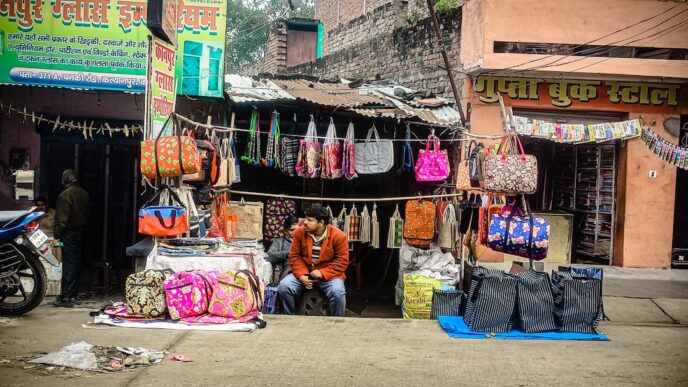Economic inequality has emerged as a significant concern in the context of emerging markets, where rapid growth coexists with stark disparities in income and wealth distribution. As these nations strive for development and modernization, understanding the mechanisms of inequality—and the potential solutions—becomes increasingly crucial.
At the heart of economic inequality are structural factors that perpetuate disparities. In many emerging markets, historical legacies, such as colonialism and systemic discrimination, have created entrenched social hierarchies that hinder equitable growth. For instance, land ownership in various Latin American countries remains concentrated among a small elite, negatively impacting agricultural productivity and rural livelihoods. This not only exacerbates income inequality but also undermines social cohesion and stability.
Additionally, the rapid pace of urbanization in emerging markets has led to an influx of people into cities, seeking better opportunities. However, this migration often fuels the growth of informal economies, where workers lack job security, access to social benefits, and fair wages. The result is a stark urban-rural divide, with cities becoming increasingly polarized. Economic opportunities in urban centers frequently favor those with higher education and skills, further widening the chasm between the affluent and the marginalized.
Education is a critical determinant of economic inequality. In many emerging markets, access to quality education is limited, particularly in rural and underprivileged areas. Children from low-income families often attend poorly funded schools, which can hinder their future earning potential. This educational disparity perpetuates a cycle of poverty, as those without access to quality education are unlikely to ascend the economic ladder. Conversely, those who can afford private education or additional tutoring position themselves advantageously in the job market, thus exacerbating inequality.
Health disparities also play a significant role in economic inequality. Emerging markets often struggle with inadequate healthcare systems, limiting access to essential services for lower-income populations. Illnesses and health crises can lead to lost wages, which can push families deeper into poverty. Furthermore, a lack of investment in public health can result in higher mortality rates, particularly among children, thereby stunting long-term economic growth and perpetuating cycles of inequality.
Addressing economic inequality in emerging markets requires comprehensive policy interventions. Governments must prioritize inclusive economic growth strategies that promote equitable access to education, healthcare, and employment opportunities. For instance, investing in education infrastructure and vocational training programs can equip marginalized populations with the skills needed to participate in the formal economy, fostering upward mobility.
Moreover, social protection programs, such as conditional cash transfers, can mitigate the effects of poverty by providing financial support to low-income families, encouraging them to invest in their children’s education and health. These programs have shown success in various countries, illustrating that targeted interventions can make a significant impact on reducing inequality.
Tax policy reform is another essential avenue for addressing economic disparities. Progressive taxation systems can help redistribute wealth more equitably, ensuring that those with higher incomes contribute a fair share to public services that benefit the broader society. Additionally, combating tax evasion and ensuring that corporations pay their fair share can generate revenue for critical investments in social programs and infrastructure.
In conclusion, while emerging markets present unique challenges regarding economic inequality, they also offer opportunities for transformative change. By addressing structural barriers, investing in education and health, and implementing equitable fiscal policies, these nations can pave the way for more inclusive economic growth. Ultimately, reducing economic inequality is not only a matter of social justice but also a prerequisite for sustainable development, which can lead to a more prosperous future for all citizens.











